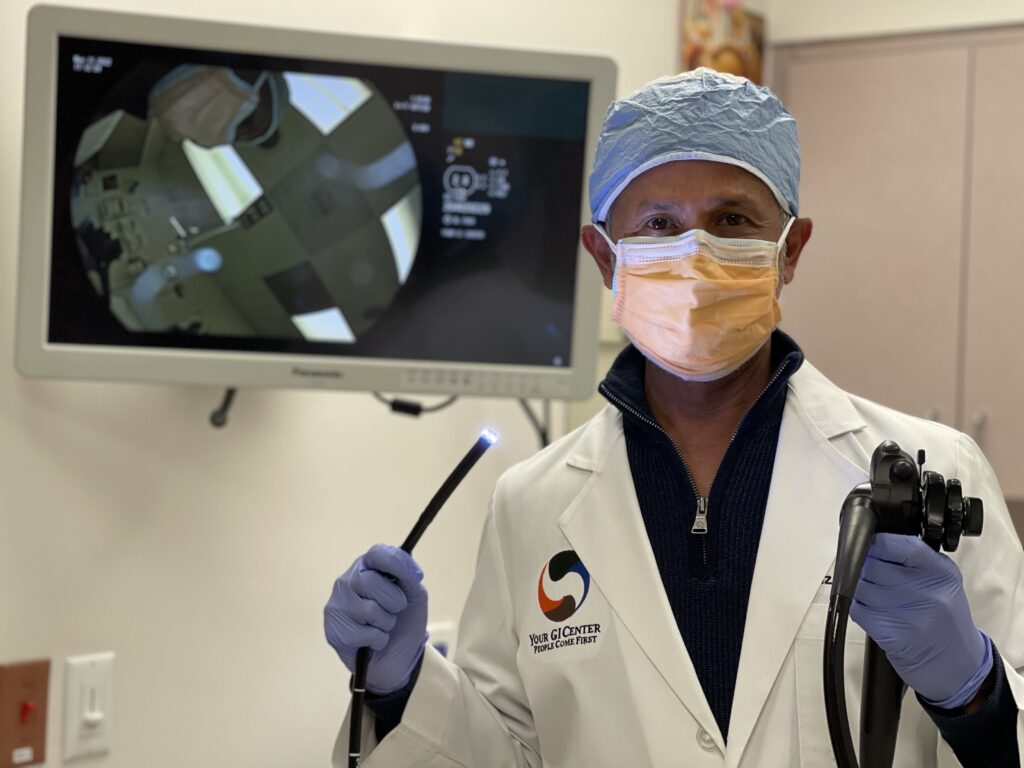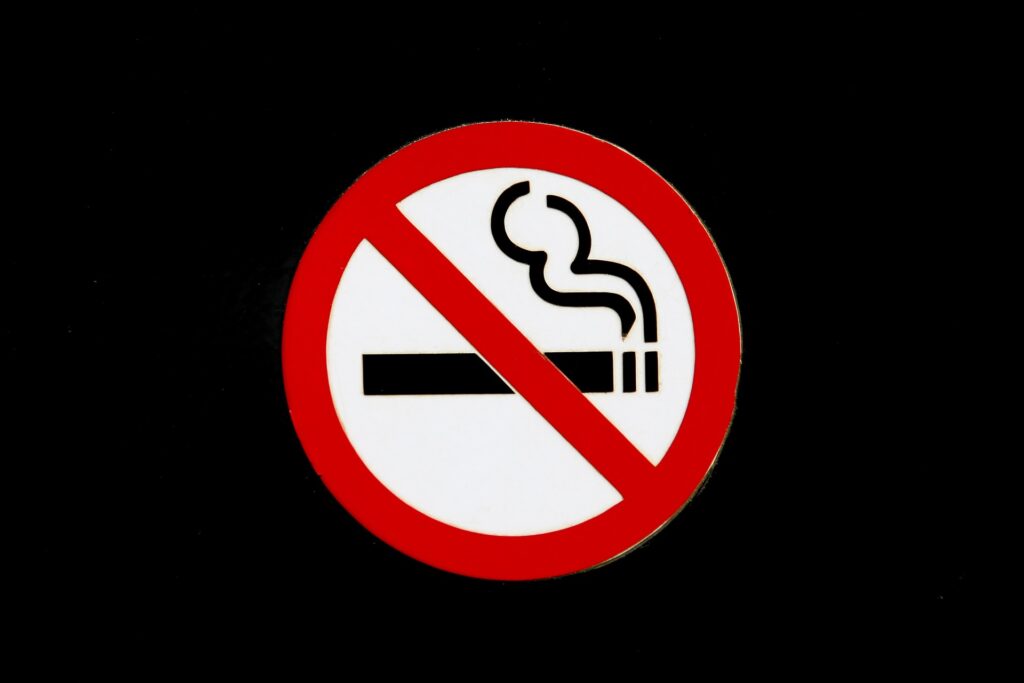Colon cancer is one of the leading causes of cancer deaths in the world, but the good news is that it can be prevented through a combination of lifestyle changes and early detection. In this post, we will discuss some effective ways to prevent colon cancer.
First and foremost, it is essential to maintain a healthy diet and healthy lifestyle. A diet that is balanced and rich in fruits, vegetables, and whole grains can lower the risk of colon cancer, while consuming excessive red and processed meats, fried foods, and sugar can increase the risk. Additionally, it’s recommended to limit alcohol consumption and maintain a healthy weight.
Regular exercise is also an important factor in preventing colon cancer. Physical activity has been shown to reduce the risk of developing the disease to a surprisingly high degree, and it’s recommended to get at least 30 minutes of moderate exercise every day.

There is not one single mechanism that people develop colon cancer. Like any other cancers, it is a very complicated process and many factors including genetic changes predispose humans to develop colon cancer. All of them may not be totally preventable even by using all available means of good healthcare practices. Therefore, another important aspect of colon cancer prevention is early detection. Screening tests such as a colonoscopy, stool tests, based on both occult blood detection and detection of abnormal DNA or mutation of DNA can help detect colon cancer in its early stages, when it is most treatable. Screening is usually recommended for people over the age of 45, or earlier if there is a family history of colon cancer.

Screening colonoscopy plays a critical role in the prevention of colon cancer. During a colonoscopy, a physician inserts a long, flexible tube with a camera attached into the rectum and colon to examine the entire colon. This test allows the physician to detect polyps, which are small growths on the colon wall that can develop into cancer over time. If polyps are found during a colonoscopy, they can be removed immediately, preventing them from developing into cancer. In addition, colonoscopies can detect early signs of colon cancer, which can be treated more effectively when caught early. Screening colonoscopies are recommended for individuals over the age of 45, or earlier if there is a family history of colon cancer. Regular colonoscopies can reduce the risk of developing colon cancer by detecting and removing polyps before they become cancerous. In this way, screening colonoscopies play a crucial role in the prevention of colon cancer.

Finally, it is important to quit smoking, as it has been linked to an increased risk of colon cancer. If you are a smoker, quitting can help lower your risk, and if you’ve never smoked, avoiding exposure to secondhand smoke can also help reduce your risk.

In conclusion, preventing colon cancer requires a combination of lifestyle changes, such as maintaining a healthy diet, regular exercise, and avoiding tobacco, and early detection through screening tests. By following these tips, you can reduce your risk of colon cancer and increase your chances of living a healthy and disease-free life.
